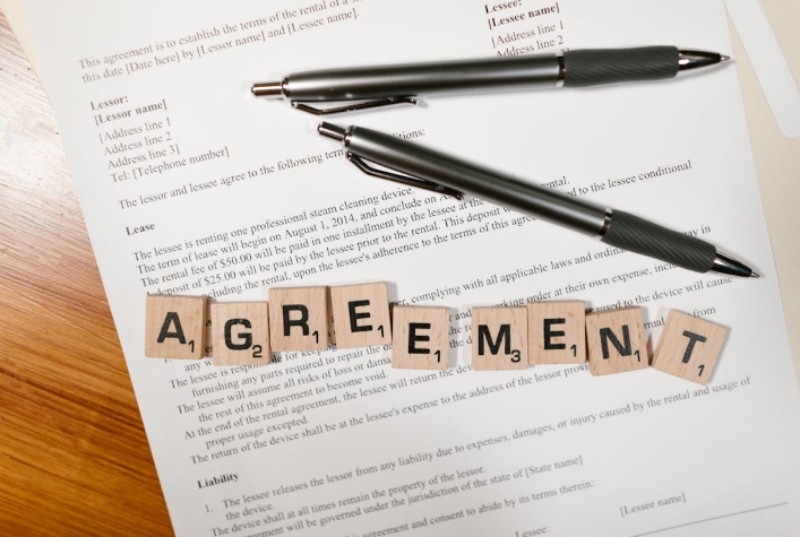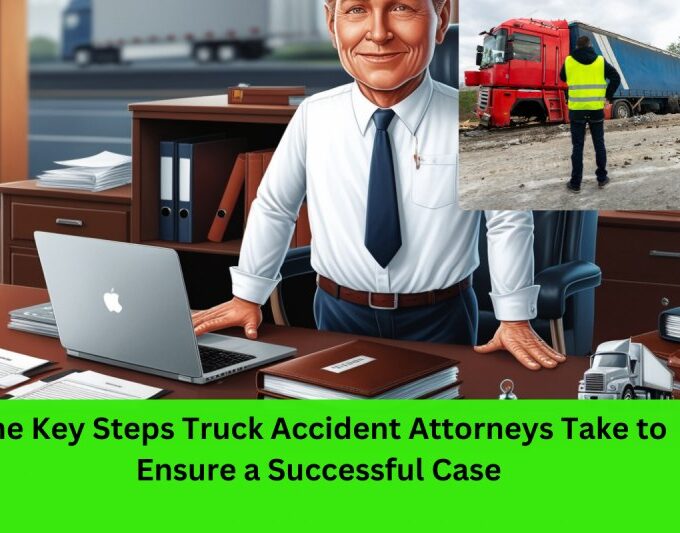The Texas commercial real estate market is one of the largest in the United States, valued at billions of dollars annually. For landlords, this thriving sector offers immense opportunities, but it also comes with legal and operational challenges. Many landlords find themselves facing disputes or financial losses simply because they’re unaware of their legal rights and responsibilities.
Whether it’s navigating lease agreements, handling tenant issues, or staying compliant with state and federal laws, being informed is key. This article will help you gain a clear understanding of your rights as a landlord.
Setting Terms in Lease Agreements
Drafting a lease agreement is one of your most important responsibilities as a commercial landlord. You have the right to set terms for rent, allowable property uses, and responsibilities for maintenance or repairs. However, clarity is essential. Ambiguous language in the lease can lead to misunderstandings and disputes.
Working with a qualified attorney to draft or review your lease agreement ensures compliance with Texas laws and minimizes the risk of future conflicts.
Lockout Rights and Legal Notices for Commercial Properties
Landlords have the right to lock out commercial tenants for non-payment of rent, but this process must be handled carefully to comply with state laws. The Texas Property Code allows landlords to change the locks on a commercial property when a tenant defaults on rent. However, this action must follow strict guidelines to avoid legal repercussions.
Before initiating a lockout, landlords are required to provide a written notice to the tenant. This notice must include the amount of unpaid rent and inform the tenant of the lockout. Additionally, it should explain how the tenant can regain access to the property, usually by paying the overdue rent in full.
Look up commercial lockout notice Texas to learn more about this.
Security Deposits and Legal Requirements
Landlords are allowed to collect security deposits to protect themselves against tenant damages or unpaid rent. While there’s no statewide limit on the amount you can charge, it’s essential to remain reasonable. Overcharging may deter potential tenants or lead to disputes.
Once a tenant vacates the property, you’re required to return the deposit within 60 days unless deductions are made for damages or unpaid rent. Any deductions must be documented with a detailed itemization provided to the tenant. Failure to follow these procedures can result in legal penalties. Knowing these rules not only protects your rights but also helps maintain a professional relationship with your tenants.
Handling Tenant Defaults and Evictions
Tenant defaults, such as non-payment of rent, are among the most challenging issues landlords face. Landlords have the right to terminate the lease and evict tenants who violate its terms. However, this process must be handled carefully to avoid legal complications.
You’re required to provide a written notice to the tenant before initiating an eviction. The notice period depends on the lease terms and the type of violation. If the issue isn’t resolved, you can file for eviction in court. Following the correct legal steps is crucial, as improper evictions can lead to lawsuits. Staying informed about the Texas Property Code ensures you handle tenant defaults legally and effectively.
Property Maintenance Responsibilities
As a commercial landlord, you’re responsible for maintaining certain aspects of the property to ensure it’s safe and functional. This includes structural components like the roof and foundation. However, many maintenance tasks, such as regular cleaning or minor repairs, can be assigned to tenants in the lease agreement.
Clarify who is responsible for what in the lease to avoid confusion. For instance, specify whether the tenant must handle landscaping or HVAC maintenance. Clear communication and well-defined agreements help prevent disputes and ensure the property remains in good condition.
Rights When Collecting Rent and Addressing Late Payments
Collecting rent is the foundation of your income as a commercial landlord, and local laws support your right to enforce payment terms. The lease agreement should specify the due date, acceptable payment methods, and any penalties for late payments. Including these details ensures clarity for both parties and reduces disputes.
If a tenant fails to pay rent on time, landlords can impose late fees, provided they are outlined in the lease. However, these fees must be reasonable and not punitive. To collect unpaid rent, landlords can issue a demand notice and proceed with legal action if the issue remains unresolved. Maintaining professional communication during rent disputes helps protect your rights and ensures compliance with the law.
Lease Renewals and Termination Rules
Lease renewals and terminations are crucial moments in the landlord-tenant relationship. Landlords have the right to set renewal conditions, such as increasing rent or altering terms, as long as these changes are communicated within the timeframe specified in the lease.
When terminating a lease, ensure you provide adequate notice, typically 30 to 60 days, depending on the lease terms and the nature of the termination. If tenants fail to vacate, you may need to file an eviction lawsuit. On the other hand, automatic renewals can occur if neither party gives notice of termination. Staying proactive and clear about your expectations helps avoid confusion and disputes.
Your Right to Access the Property
Landlords have the right to access their commercial property for inspections, repairs, or emergencies, but this access must follow specific guidelines. Including an access clause in the lease ensures tenants understand your rights while respecting their use of the space.
Typically, landlords are required to provide reasonable notice before entering, except in emergencies where immediate access is necessary. For instance, if a tenant reports a plumbing issue, entering to assess and fix the problem aligns with your legal rights and responsibilities. Clear communication about access rules fosters a professional relationship with tenants and prevents conflicts.
Staying Compliant with Local and Federal Regulations
Beyond state property laws, commercial landlords must comply with local zoning laws and federal regulations. Zoning laws dictate how properties can be used, and failing to adhere can result in fines or legal action. For example, leasing a property for industrial use in an area zoned for retail could lead to costly penalties.
Federal laws, like the Americans with Disabilities Act (ADA), also apply to commercial properties. If your property is open to the public, you must ensure it meets accessibility standards, such as installing ramps or accessible bathrooms. Staying updated on these requirements protects you from legal complications and helps create a safe, welcoming environment for tenants and their customers.
Understanding your rights as a commercial landlord in Texas is essential for protecting your investment and maintaining successful tenant relationships. By familiarizing yourself with state laws, drafting clear lease agreements, and staying compliant with local and federal regulations, you can navigate the complexities of commercial property management with confidence.
Proactively addressing tenant issues, managing lease renewals, and resolving disputes ensures a smoother experience for both parties. Remember, informed landlords are better equipped to safeguard their interests and foster positive relationships with tenants.














